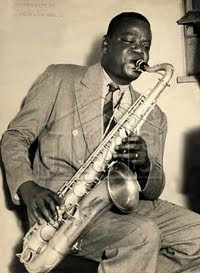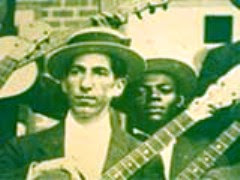String Music of Pernambuco
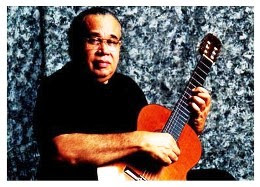 Great choro players like João Pernambuco and Luperce Miranda influenced the Carioca version of choro by incorporating compositions, conception and rhythmic elements reflecting the musical traditions of their native Pernambuco homeregion, Northeast of Brazil. If you are interested in learning more about the music traditions of Pernambuco related with choro, I recommend you to start your investigation by listening to two recordings by Henrique Annes, a contemporary arranger, composer and erudite violãnista keeping the Pernambuco string music tradition well alive.
Great choro players like João Pernambuco and Luperce Miranda influenced the Carioca version of choro by incorporating compositions, conception and rhythmic elements reflecting the musical traditions of their native Pernambuco homeregion, Northeast of Brazil. If you are interested in learning more about the music traditions of Pernambuco related with choro, I recommend you to start your investigation by listening to two recordings by Henrique Annes, a contemporary arranger, composer and erudite violãnista keeping the Pernambuco string music tradition well alive.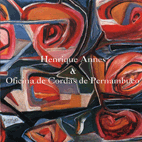
In 1996 Kuarup records released an album, Henrique Annes & Oficina de Cordas de Pernambuco KCD 085), containing plucked string music of Pernambuco arranged and with musical direction by Henrique Annes and Marco César. The 16 tracks of this album reflect the various musical string traditions of Pernambuco and have compositions by Nelson Ferreira, João Pernambuco, Edgard de Moraes, Luiz Bandeira, José Menezes, Alfredo Medeiros, Nonato Luiz, Adalberto Cavalcanti besides pieces by Henrique Annes for solo guitar, further a version of Luiz Bonfá's 'Manhã de Carnaval' arranged for string ensemble. The string ensemble consist of Henrique Annes (Violão), Marco César (Bandolim), Ledjane Sara (Cavaquinho), Adalberto Cavalcanti (Bandola), Claúdio Moura (Viola sertaneja), Fernando Rangel (Contrabaixo), Raimundo Batista (Percussão) - on a couple of tracks guest performance by Jorge Cardoso (Cavaquinho) and Jean François (Contrabaixo). The music is well arranged and performed, a great listening experience and an album worth replaying to explore nuances and - in some cases - extremely varied rhythmic structure. Highly recommended, indeed.
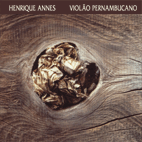 The shown 'Violão Pernambucano' (Kuarup, KCD 163, iss. 2002) is dedicated to Henrique Annes' interpretations of his own works. To give you an impression of the music, I'll quote Alvaro Neder in AMG:
The shown 'Violão Pernambucano' (Kuarup, KCD 163, iss. 2002) is dedicated to Henrique Annes' interpretations of his own works. To give you an impression of the music, I'll quote Alvaro Neder in AMG:Both of the mentioned albums by Henrique Annes are worth looking for and highly recommended, if you would like to explore the Pernambuco music tradition related with choro.
To illustrate the violão Pernambucano tradition, I found a couple of video performances on YouTube. The first is a composition by Getúlio Cavalcanti, "O Bom Sebastião"
Jo
